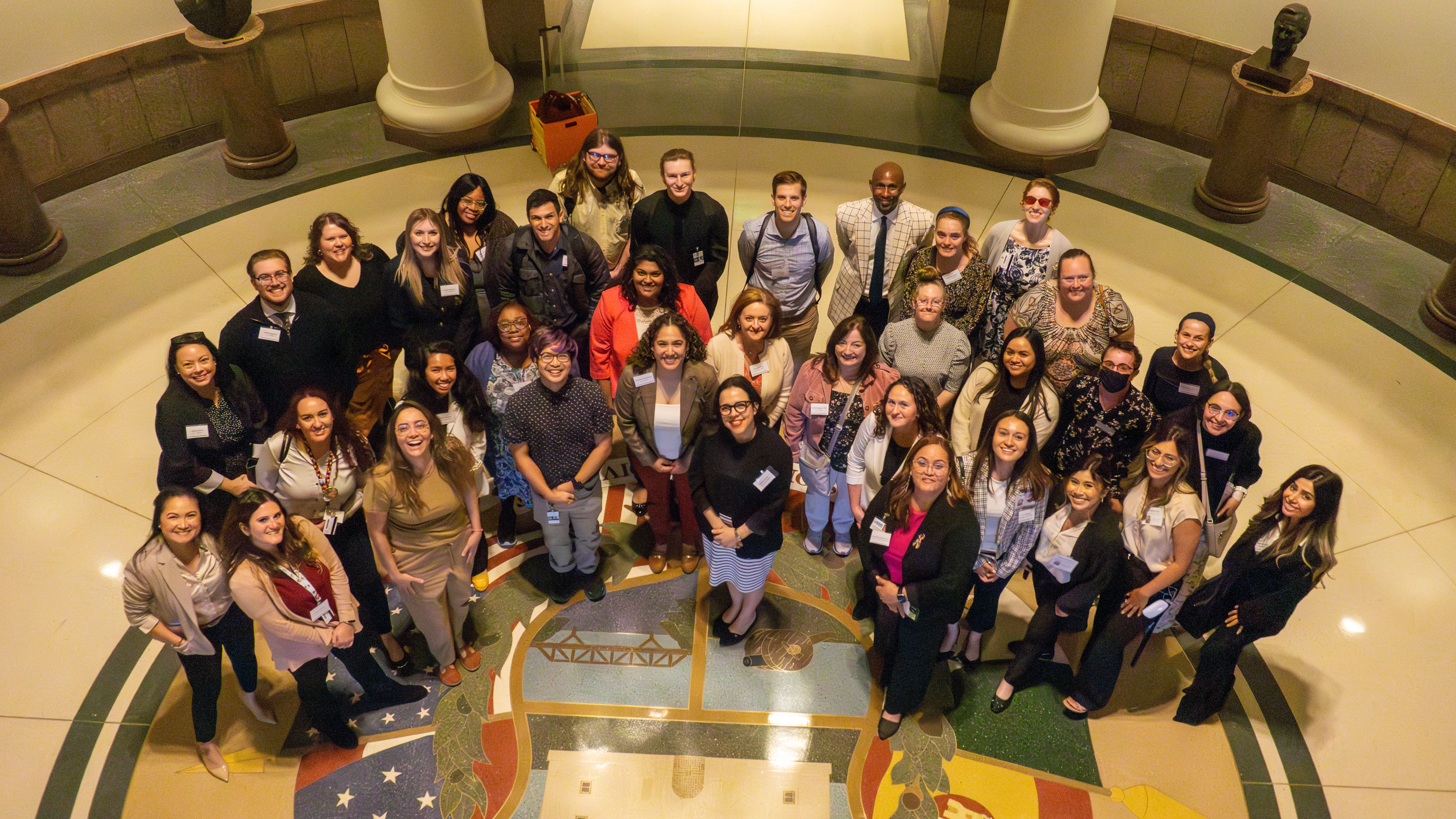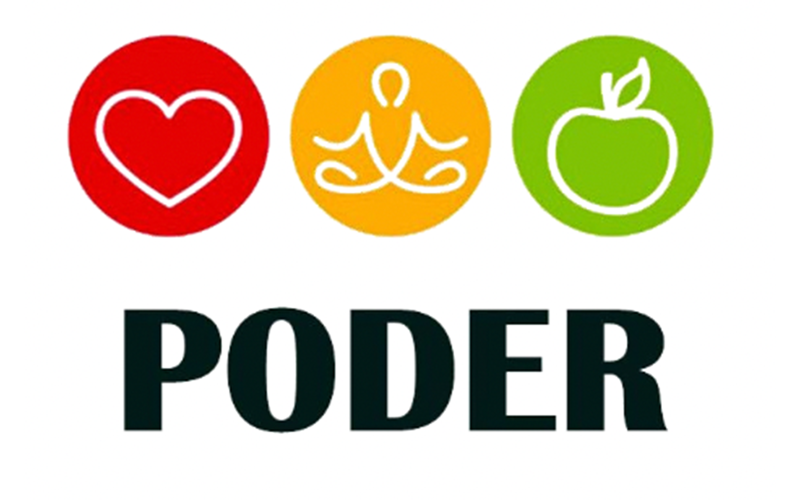
This page provides an overview of programs focused on preparing professionals, family members, and self-advocates to support individuals with disabilities. These initiatives emphasize interdisciplinary approaches to training, addressing barriers faced by individuals with disabilities, and promoting inclusion across various settings.
This page highlights programs aimed at fostering culturally informed practices, advancing knowledge in developmental disabilities, and supporting diverse communities. Visitors can explore information on program goals, training opportunities, and ways to get involved. This page also offers access to related resources and contact details for further inquiries, serving as a hub for those interested in disability studies and professional development.
The programs below support interdisciplinary training.

ACT LEND
The Autism Consortium of Texas (ACT) LEND is an interdisciplinary program that seeks to train graduate students, family members, and self-advocates in culturally informed diagnosis, support, and advocacy for children with autism spectrum disorder and other developmental disabilities throughout the Capital Region and Central Texas.
Disability Studies
Disability Studies is an interdisciplinary field that examines the cultural, political, economic, and social constructions of disability, emphasizing the experiences of people with disabilities. It critically deconstructs notions of "normal" and "abnormal," integrating perspectives from various disciplines to understand disability as influenced by environmental, social, and individual factors.

PODER Familiar
The PODER Familiar Program examines health and obesity among Latino children and adolescents with IDD.
Project ACCESS
Project ACCESS is a pre-service training grant designed to prepare related service providers to address barriers faced by children with disabilities with high support needs in accessing and participating in various environments, such as school, home, and the community.
SOLVE
The Solution Focused Brief Therapy with Autistic Adults Project (SOLVE) will train therapists to use an adapted SFBT protocol to provide therapy to autistic adults.